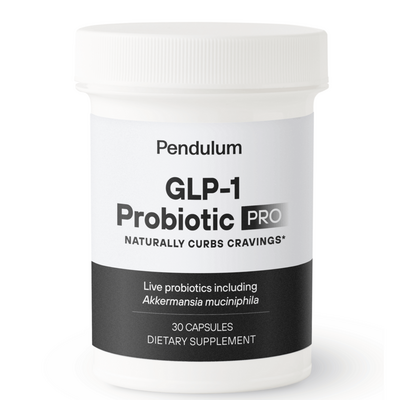
FOUR HEART DISEASE RISK FACTORS YOUR DOCTOR DOESN’T TELL YOU ABOUT
LIPOPROTEIN (a)
Lipoprotein(a), is a particle in your blood which carries cholesterol, fats and proteins. The amount your body makes is inherited from one or both parents and is determined by the genes passed on from your parent(s) when you are born. It does not change very much during your lifetime except if you are a women, levels increase as the natural estrogen level declines with menopause. Diet and exercise seems to have little to no impact on the lipoprotein(a) level, however, certain treatments using natural supplements can be successful.
HOMOCYSTEINE
Homocysteine is a type of amino acid your body naturally makes. At high levels, homocysteine can damage the lining of arteries and encourage blood clotting. As a result, high levels may raise your risk for coronary artery disease, heart attacks, blood clots, and strokes.
Having low levels of vitamin B-12 (cobalamin), vitamin B-6 (pyridoxine), vitamin B-2 (riboflavin), or vitamin B-9 (folic acid, folate) can cause high levels of homocysteine. Thyroid disease, kidney disease, psoriasis, and some medicines can also raise your homocysteine level.
CRP
C-reactive protein (CRP) is a substance produced by the liver that increases in the presence of inflammation in the body. Elevated levels can indicate inflammatory disease such as rheumatoid arthritis, lupus, and vasculitis. Results from a large number of studies also suggest that over time, chronic high-level inflammation can lead to many serious, age-related diseases such as heart disease, certain cancers, Alzheimer’s and Parkinson’s disease.







